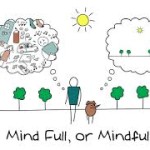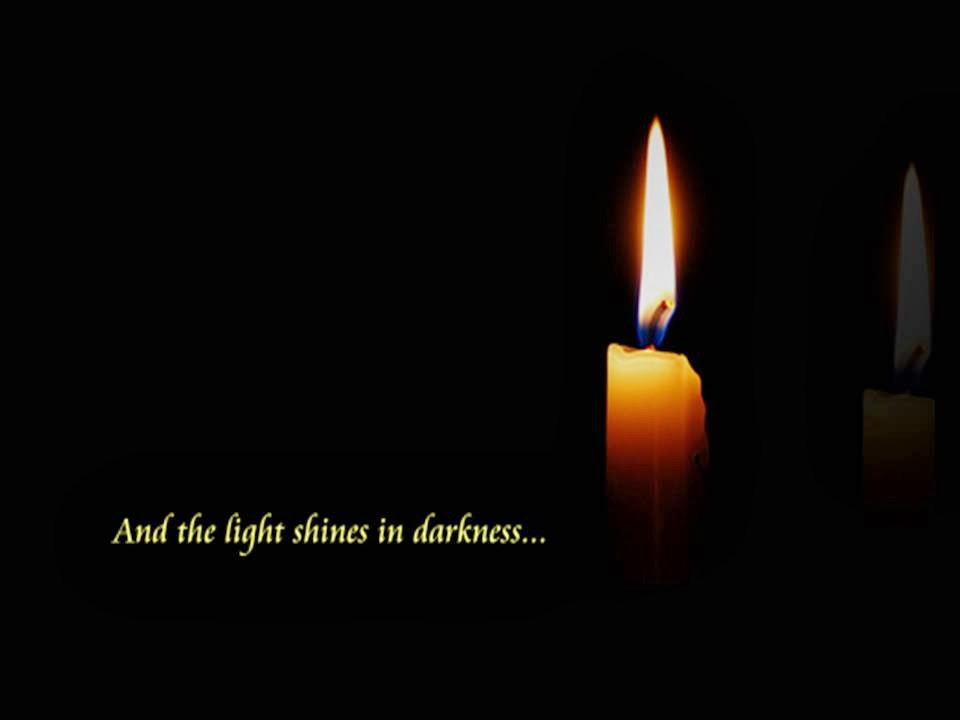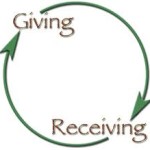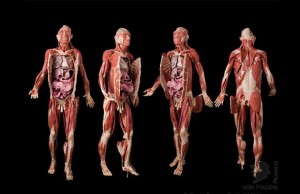 As I was driving along the A6 today, between Carnforth and Morecambe, on my way to visit an elderly patient, I experienced in the space of a few moments both exhilaration and dismay. I was exhilarated by the magnificent view of the mountains of Cumbria, just across the Bay in the beautiful sunshine and felt very grateful for living in such an inspiring and spacious place. And then onto my radio, came the voice of the Prime Minister in response to Jeremy Corbyn at PMQs. He was asking David Cameron about the lack of government response to the floods in Cumbria of 2014. This direct lack of action across the North of England (despite clear warnings) contributed to the appalling flooding that thousands of people have experienced over the last month. That, coupled with de-forrestation and the clearing of land upstream was a recipe for disaster once the storms hit us. Mr
As I was driving along the A6 today, between Carnforth and Morecambe, on my way to visit an elderly patient, I experienced in the space of a few moments both exhilaration and dismay. I was exhilarated by the magnificent view of the mountains of Cumbria, just across the Bay in the beautiful sunshine and felt very grateful for living in such an inspiring and spacious place. And then onto my radio, came the voice of the Prime Minister in response to Jeremy Corbyn at PMQs. He was asking David Cameron about the lack of government response to the floods in Cumbria of 2014. This direct lack of action across the North of England (despite clear warnings) contributed to the appalling flooding that thousands of people have experienced over the last month. That, coupled with de-forrestation and the clearing of land upstream was a recipe for disaster once the storms hit us. Mr Cameron, however, seemed to think it more important to mock Mr Corbyn on his shadow cabinet reshuffle rather than address the very serious questions in hand. The floods have been no laughing matter for the North. They have been devastating and could have been avoided had the North been treated with equity to the South.
Cameron, however, seemed to think it more important to mock Mr Corbyn on his shadow cabinet reshuffle rather than address the very serious questions in hand. The floods have been no laughing matter for the North. They have been devastating and could have been avoided had the North been treated with equity to the South.
The North is a remarkable place, filled with people of great heart and courage, a people who have historically had the ability to unite at a level to bring about significant change. As one example, it was a petition of the people of Liverpool, Manchester and Sheffield that saw the end of the slave trade in the UK. So, when the people of the North get a fire in their bellies, you can guarantee that change will come.
 Well, the floods are serving as a catalyst for this fire. The floods are only another indication of the injustice the North suffers in favour of the politically lucrative South. The South is not to blame and nor is this post intended to be divisive in any way, but it is high time that the North stood up to be treated as an equal partner and not a poorer brother. In my area of passion, health and well-being, the differences between the North and South are completely unacceptable and indeed detrimental when it comes to making effective change to health outcomes.
Well, the floods are serving as a catalyst for this fire. The floods are only another indication of the injustice the North suffers in favour of the politically lucrative South. The South is not to blame and nor is this post intended to be divisive in any way, but it is high time that the North stood up to be treated as an equal partner and not a poorer brother. In my area of passion, health and well-being, the differences between the North and South are completely unacceptable and indeed detrimental when it comes to making effective change to health outcomes.
As already stated on this blog, despite all the worst health outcomes being in the North, 94% of all health research money is currently spent south of Cambridge. We have conclusive evidence from the Academic and Health Science Network, that health outcomes are significantly better in places where research is carried out , because funding follows the research.
We also know, from Health Education England, that when a direct comparison is made head for head between the North and South when it comes to recruitment and staffing levels there is a £17million deficit in the North. It’s not that we can’t attract people to work here, we’re just not given the money to pay for them in the same way.
between the North and South when it comes to recruitment and staffing levels there is a £17million deficit in the North. It’s not that we can’t attract people to work here, we’re just not given the money to pay for them in the same way.
 When it comes to council cuts, again we see the North punished in comparison to the South, even though the need is greater here – which area has the highest use of food banks? The answer is the North West! If you study the map on council cuts (deep red = heaviest cuts, blue = increase in spend) – you will see just one blue area in the North, but major areas of protection and even significant growth in budgets for the South.
When it comes to council cuts, again we see the North punished in comparison to the South, even though the need is greater here – which area has the highest use of food banks? The answer is the North West! If you study the map on council cuts (deep red = heaviest cuts, blue = increase in spend) – you will see just one blue area in the North, but major areas of protection and even significant growth in budgets for the South.
In Lancashire alone, the county council has to cut £262 million from their budget in the next 2 years. This is going to have devastating consequences to public health provision and social services, which is in in effect a cut to the NHS also. We are already seeing severe bed blockages in our hospitals and without social workers to support our elderly citizens, the crisis will only deepen.
 My hope is that the North harnesses the emerging fire to come to a place of equal partnership with the South, raising its voice for justice and love rather than in vindictive, competitive vitriol. I hope that the North will together decide what it is to become a “Northern Powerhouse” rather than being prescribed what it will mean via the ideas and ideals of the Chancellor in Westminster. From my perspective, the North is about a different way of doing things. The North stands for a more equitable and co-operative society. In this moment the North can stand for a forward looking culture in which:
My hope is that the North harnesses the emerging fire to come to a place of equal partnership with the South, raising its voice for justice and love rather than in vindictive, competitive vitriol. I hope that the North will together decide what it is to become a “Northern Powerhouse” rather than being prescribed what it will mean via the ideas and ideals of the Chancellor in Westminster. From my perspective, the North is about a different way of doing things. The North stands for a more equitable and co-operative society. In this moment the North can stand for a forward looking culture in which:
Men and women are equal.
Children are prioritised.
The environment is stewarded well.
Hospitality is an art form, practised and adhered to, where all are welcome and all can find a home.
Inter-culturalism thrives as mutual respect for difference is a core value.
The elderly are honoured and cared for with dignity.
Justice involves much more restoration and less retribution.
The rich do not become ever richer whilst the poor become ever poorer, but cycles of poverty and deprivation are broken through hope and aspiration.
Work is done, not simply to earn money and pay debt, but to create more joy, beauty and care in the world.
Well-being is more important than economic growth which involves people being used as fodder to drive the ever hungry machine.
People take responsibility for themselves and each other leading to more sustainable systems (health/education/social services etc) for all.
Healthcare and education is free and accessible to all.
The North must rise up, not to dominate but to become a different kind of “powerhouse”. A house in which power is poured out for the sake of those who need it most in order to create a more fair, just, loving and peaceful world. This is the new politics, not the farce we are seeing in the corridors of power. People learning to live together differently, having important conversations together to create a future that is more beautiful. Come on the North – let’s use this passion for good!

















 He comes to be with us and changes himself in the process. He becomes utterly human, not some weird, ready-break glowing child, but deeply human and in so doing destroys the stories we have told ourselves about what he is like. He comes to us. He comes right to our very situations, our joys, or triumphs, our brokenness and our shame and says, I AM with you. And if you run away, I’m there with you. And if you turn away, I’m there with you. And if you hide away, I’m there with you. And if you fail, I’m there with you. And if you don’t believe, I’m there with you in your unbelief. Because contrary to the caricature of Dawkins, I am love itself. A love that will pour itself out time and again. A love that is stronger than bitterness, hate and division. A love that is willing to be misunderstood, misinterpreted and misrepresented. This is not the story of a God who slaughters his enemies in order to protect himself and those he holds close (a narrative upon which the nation state is built and uses to predicate the violence it does to others – and if you don’t believe me, then you haven’t read enough history). No, this is a story about a love that will lay its own life down for its enemies and enables us to do the same.
He comes to be with us and changes himself in the process. He becomes utterly human, not some weird, ready-break glowing child, but deeply human and in so doing destroys the stories we have told ourselves about what he is like. He comes to us. He comes right to our very situations, our joys, or triumphs, our brokenness and our shame and says, I AM with you. And if you run away, I’m there with you. And if you turn away, I’m there with you. And if you hide away, I’m there with you. And if you fail, I’m there with you. And if you don’t believe, I’m there with you in your unbelief. Because contrary to the caricature of Dawkins, I am love itself. A love that will pour itself out time and again. A love that is stronger than bitterness, hate and division. A love that is willing to be misunderstood, misinterpreted and misrepresented. This is not the story of a God who slaughters his enemies in order to protect himself and those he holds close (a narrative upon which the nation state is built and uses to predicate the violence it does to others – and if you don’t believe me, then you haven’t read enough history). No, this is a story about a love that will lay its own life down for its enemies and enables us to do the same. or overcome this light. The promise of the light is peace. Peace on earth. If we embrace the way of love, anything is possible. Even in the midst of all the turmoil in our world this Christmas, I find great hope in the idea of God, who is love, with us in it all. I believe that when we embrace this light and this love as our meta-narrative, as our raison d’être, we find healing for ourselves individually and corporately.
or overcome this light. The promise of the light is peace. Peace on earth. If we embrace the way of love, anything is possible. Even in the midst of all the turmoil in our world this Christmas, I find great hope in the idea of God, who is love, with us in it all. I believe that when we embrace this light and this love as our meta-narrative, as our raison d’être, we find healing for ourselves individually and corporately. ther. For example, physical pain caused to you by another person, may cause you to feel emotionally hurt also (soul pain) and crush your spirit. Or indeed, as I see many times in my work, emotional pain leads to a resentment, which causes a bitterness which manifests itself in a physical pain and so too your spirit is negatively affected.
ther. For example, physical pain caused to you by another person, may cause you to feel emotionally hurt also (soul pain) and crush your spirit. Or indeed, as I see many times in my work, emotional pain leads to a resentment, which causes a bitterness which manifests itself in a physical pain and so too your spirit is negatively affected. “perfect health” may not be possible. But alignment is possible and it is this that gives us a sense of well-being. So, how well are you? Do you know how much you are influenced by the corporate body and soul? What are your meta-narratives? How aligned are you? There are things we cannot change, but we can chose how we respond to them and the choices we make within them. I want to unpack this a bit more in subsequent posts, but this might just kick off some musings.
“perfect health” may not be possible. But alignment is possible and it is this that gives us a sense of well-being. So, how well are you? Do you know how much you are influenced by the corporate body and soul? What are your meta-narratives? How aligned are you? There are things we cannot change, but we can chose how we respond to them and the choices we make within them. I want to unpack this a bit more in subsequent posts, but this might just kick off some musings.






